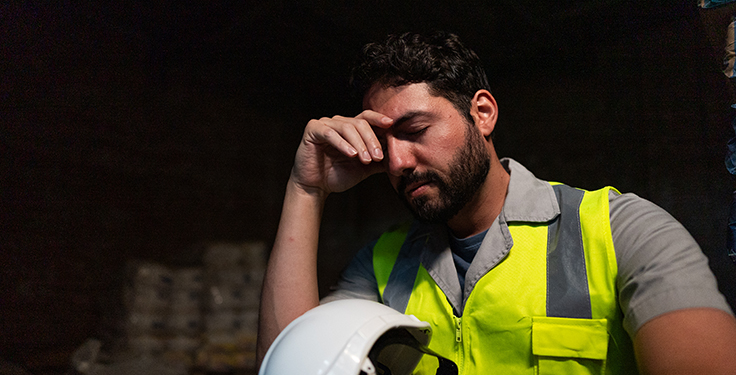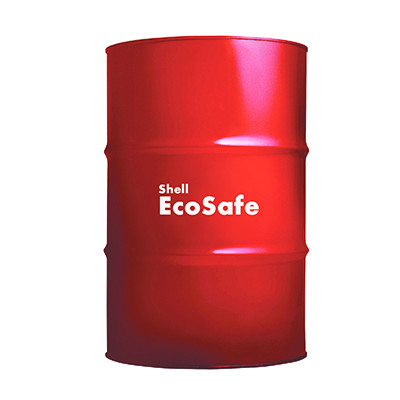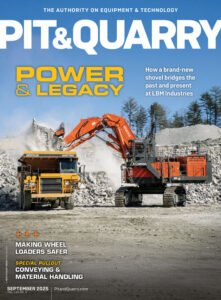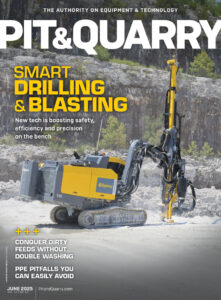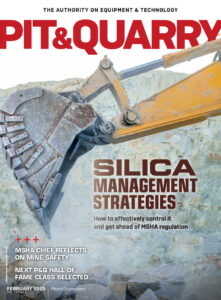Over the last century, the importance of safety in the aggregate industry has risen exponentially.
Poring over data from the Mine Safety & Health Administration (MSHA), mining fatalities have dropped drastically since the 1900s. In the 1910s – the first decade MSHA provided fatality statistics for both metal/nonmetal and coal operations – more than 32,000 miners died over the 10-year period.
Comparatively, 369 miners died in the 2010s.
The dramatic decrease is due, in large part, to the increased safety precautions operations have taken over the course of many years. Some even more recent safety and health precautions include MSHA’s rule on respirable crystalline silica and the Occupational Safety & Health Administration’s proposed rule on heat safety.
One aspect of worker safety in the aggregate industry that is slowly gaining attention – outside of on-the-job physical hazards – is mental health.
Broaching a tougher topic
Dennis Gillan, executive director of Half a Sorrow Foundation, recently addressed the topic of mental health at a pair of Martin Marietta operations.
Gillan founded Half a Sorrow in 2020 after losing both of his brothers to suicide in 1983 and 1994. At Martin Marietta, he encouraged employees to be open about mental health struggles, emphasizing how employers can foster open dialogue about mental health and create a safe environment to do so.
“It’s a male-dominated industry, and we are our own worst enemy,” Gillan says. “We don’t emote very well. We don’t think we need [mental health help] until we need it.”
In recent years, Gillan says he has seen significant change in how the industry addresses mental health.

“When I started in 2011, if I said I wanted to do a talk on suicide prevention: boom, door shut,” Gillan says. “I’ve seen a lot of changes already by the number of invites and people actually incorporating it into a safety meeting. It’s becoming part of the DNA of companies through the safety folks.”
While many of the accidents resulting in a fatality are caused by human error, Gillan says unseen mental elements are sometimes behind an incident.
“If you’re working on a conveyor belt and it’s getting a little hot – and [at the same time] you’re thinking about your wife or your finances – all of a sudden the belt catches on fire,” he says. “You weren’t there [mentally].”
According to the Centers for Disease Control & Prevention (CDC), the suicide rate per 100,000 people among males in the mining industry is 72. That is more than five times the 2022 national average of 14.2 suicides per 100,000.
Additionally, the CDC notes that in the construction industry, 56 males per 100,000 and 10.4 females per 100,000 completed suicide. In 2022, men died by suicide 3.85 times more than women, with white males accounting for 68.46 percent of suicide deaths that year.
Gillan says changing the narrative around mental health within a company starts at the top.
“It’s often driven by people at the bottom, but I’m seeing more managers saying: ‘We need to address this,’” he says. “I was at a military base, and the colonel got up there and goes: ‘If any of you see my car at the counseling center and think it’s me, it’s me. They’re not doing an inspection; I’m going to see my therapist.’”
According to Gillan, it is also crucial to educate employees about the warning signs that might not immediately be visible to a manager.
“A lot of companies do employee resource groups,” he says. “Training peer to peer is where coworkers will see stuff that managers won’t. Make [mental health] prevalent and visible – something that says to the person that isn’t feeling well: ‘I can raise my hand.’”
September is National Suicide Prevention Month. If you or someone you know is struggling with mental health, call the National Suicide Prevention Lifeline at 800-273-8255, or dial 988.

